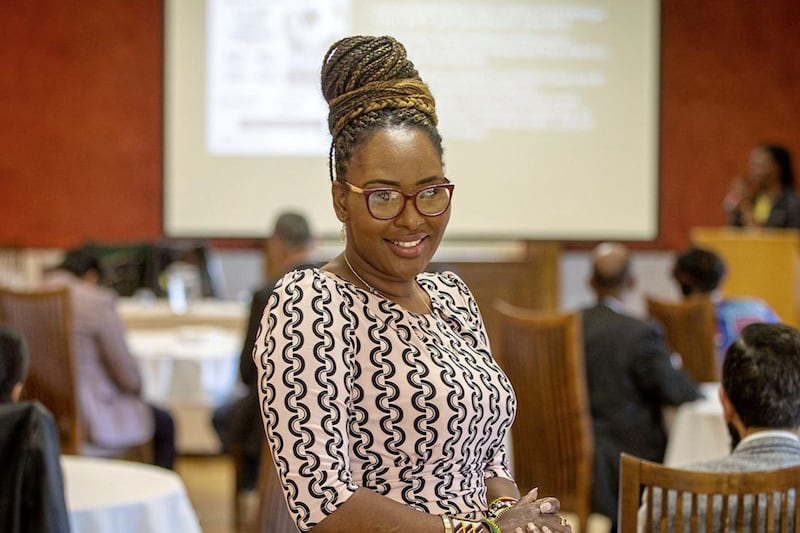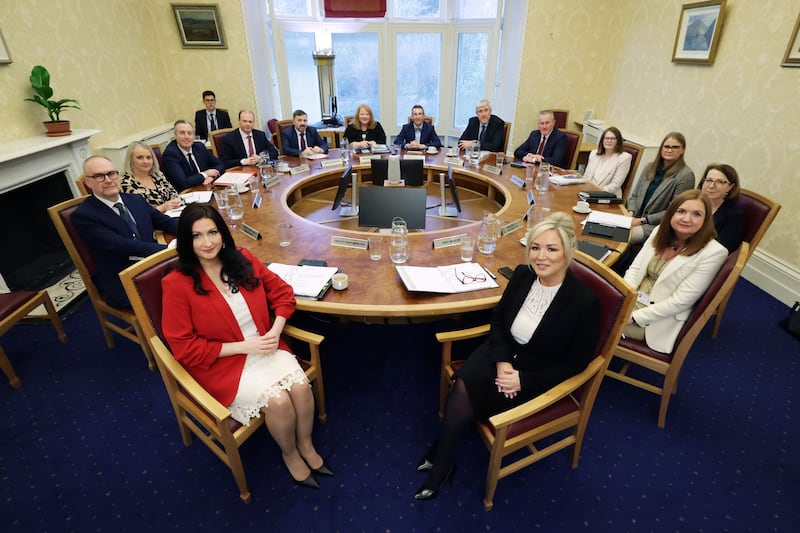Government spends vast sums of money on schemes that often have little impact or which turn out to be an inefficient use of public funds, so it is refreshing to hear of a project that is a measurable success and clear value for money.
The Delivering Social Change Signature Project was an initiative aimed at raising standards in numeracy and literacy in our schools by employing 310 newly qualified teachers who otherwise would have struggled to gain regular work.
This scheme ran for just two years before being ended by the Department of Education due to a lack of money.
But a report by the department this week demonstrated beyond any doubt that the £16 million invested in this project was money well spent.
In all, almost 19,000 pupils were supported by this programme, which targeted children identified as being unlikely to achieve a level four in maths and English at primary school, or a GCSE grade C in both subjects.
According to the findings, three quarters of primary school children supported by the scheme reached level four or above in English while in maths, 80 per cent of pupils reached level four or above.
When it came to secondary pupils, the report said 65 per cent of those who participated in the scheme achieved a grade C or above in GCSE English while the figure for maths was 60 per cent.
The figures for the second year of the scheme also showed an improvement on the results for the first year.
Many of those given additional support and who made significant improvement are in receipt of free school meals while a further benefit of the project was that the attendance rates of pupils actually increased.
As the report says, this is a programme that will have a far-reaching legacy in terms of the difference it has made to the lives of those involved.
It has also helped many young, bright, enthusiastic teachers get a start in their chosen profession, giving them relevant experience and the satisfaction of knowing they were part of an initiative that helped thousands of children.
Clearly, there are lessons for schools from all of this, showing the importance of providing focused tuition for pupils who might otherwise fail to attain the fundamental skills and qualifications required by many employers.
Government has to choose wisely when it comes to investing public money, but investing in children's education is an investment in the future.
This project has proved its value in the two years it was in operation. The executive must take on board the positive results of this scheme and find the money that will make a massive difference to thousands of lives.







